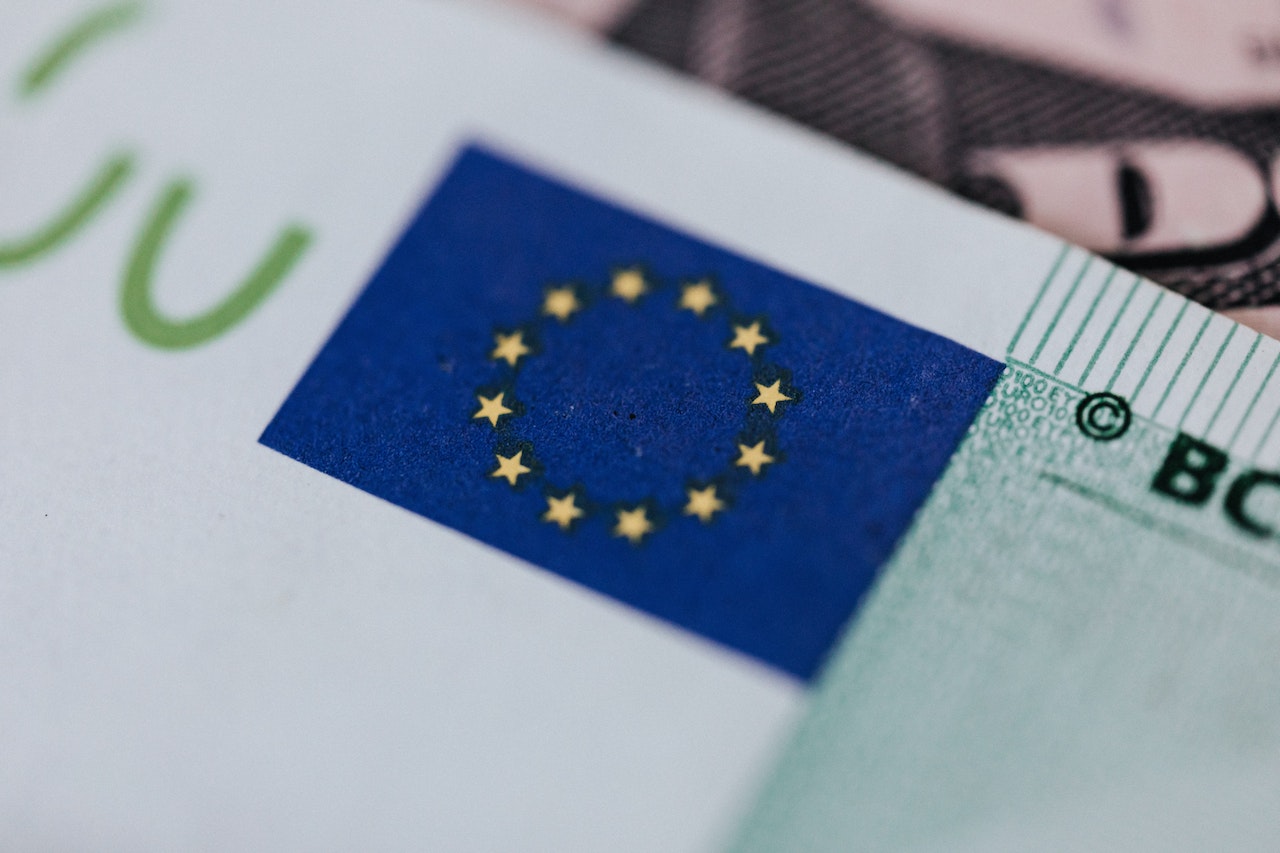The impending inclusion of Ukraine and Western Balkan nations into the European Union is poised to bring about substantial alterations in financial transactions within the EU. An internal document from Brussels, reported by The Financial Times, has provided specific calculations, indicating that several countries, including the Czech Republic, are slated to transition from being net beneficiaries to net contributors to the EU budget.
In essence, a study conducted by the General Secretariat of the European Council concludes, “All current member states will contribute more and draw less money. Some net recipients will become net payers.” This study scrutinizes how financial dynamics within the EU will evolve following the anticipated enlargement of the Union, projecting the inclusion of nine countries in the near future: Albania, Bosnia and Herzegovina, Montenegro, Georgia, Kosovo, Moldova, North Macedonia, Serbia, and Ukraine. It assumes that the existing redistribution rules will remain unaltered and does not account for the potential impact of Turkey’s accession to the EU, an aspiration it has pursued since the late 1980s.
The Financial Times reports that the incorporation of these new members would necessitate an additional expenditure of €257 billion over a seven-year financial cycle, aligning with the EU’s budgeting timeline (equivalent to about CZK 6.2 trillion, nearly three times the Czech Republic’s annual state budget). The lion’s share of these funds would be directed toward financial transfers to Ukraine, given its substantial population and agricultural landmass.
The FT-cited study, whose authenticity Brussels declined to comment on, also identifies countries that would transition from being recipients of cohesion funds to contributors. This list encompasses Estonia, Cyprus, Lithuania, Malta, Slovenia, and the Czech Republic.
While acknowledging that such a significant shift in redistribution could potentially exert “some pressures” on certain countries, the study contends that “the advantages would far outweigh the disadvantages.” Effective communication of the benefits of enlargement to their citizens by national governments is seen as pivotal to its success.
The study recognizes that a substantial EU enlargement would likely necessitate comprehensive reforms, including adjustments to redistribution mechanisms. While the resulting calculations may vary somewhat, the fundamental principle is expected to remain unchanged.
Another frequently debated topic in the context of enlargement is the potential shift in EU decision-making towards a qualified majority in certain areas, curbing the veto power of individual countries.
The EU’s strategic direction for the coming years, including its enlargement plans, is under discussion at an informal summit in Granada, Spain, where heads of EU member states and other dignitaries, including Ukrainian President Volodymyr Zelensky, are in attendance. European Council President Charles Michel has proposed that the EU accept new members by 2030, although a binding deadline is not anticipated to be set at the Granada summit.
Source: novinky.cz


















